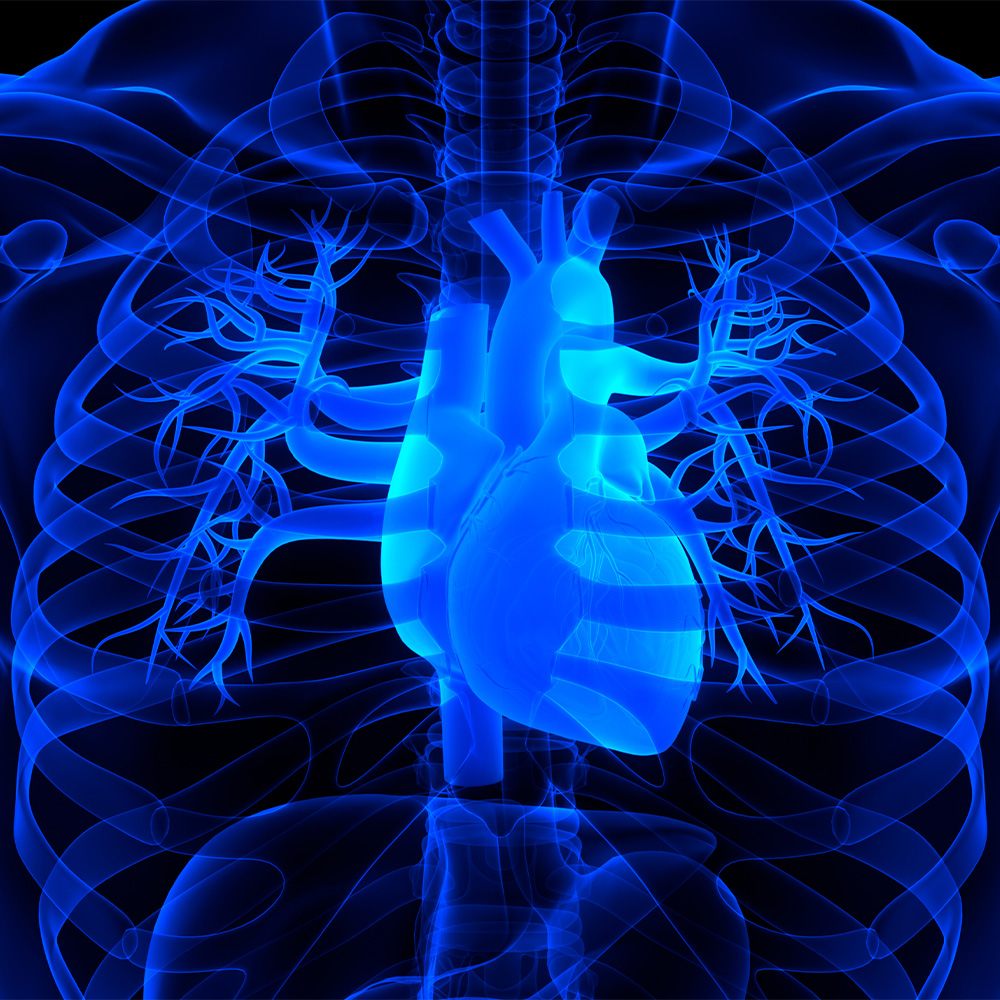Take precautions with pain relievers
With spring blooming and people heading out for gardening and warm-weather activities, aspirin, ibuprofen, and naproxen can be effective pain relievers and anti-inflammation drugs. But these non-steroidal anti-inflammatories, better known as NSAIDs, also can cause upset stomach and gastrointestinal bleeding if taken over a long period of time or in dosages beyond what is recommended, UT Southwestern Medical Center physicians warn.
“Part of the problem is that NSAID’s are so ubiquitous in our culture,” says Dr. Kim Barker, Physical Medicine and Rehabilitation specialist at UT Southwestern Medical Center.
Just as with acetaminophen, another popular pain reliever, inadvertently combining too many NSAIDs can cause a serious overdose. Check the label of medications for NSAIDs or acetylsalicylic acid, the generic chemical term for aspirin.
In addition, NSAIDs serve as an anti-coagulant, or blood thinner, so patients who are already on blood thinners or who have kidney or heart problems should consult their physician before using NSAIDs, Dr. Barker says.
Dr. Barker recommends:
- Never take NSAIDs in excess of the label use, and add up the amounts in various medications you are taking.
- Talk to your doctor before taking NSAIDs for more than a week.
- Consult with your physician about NSAID’s if you have kidney or heart conditions.
- Don’t give NSAIDs to children without consulting a doctor first to avoid problems such as Reye’s syndrome, a serious condition that can affect liver, brain, and other organ function.
###
Media Contact: gregg.shields@utsouthwestern.edu




